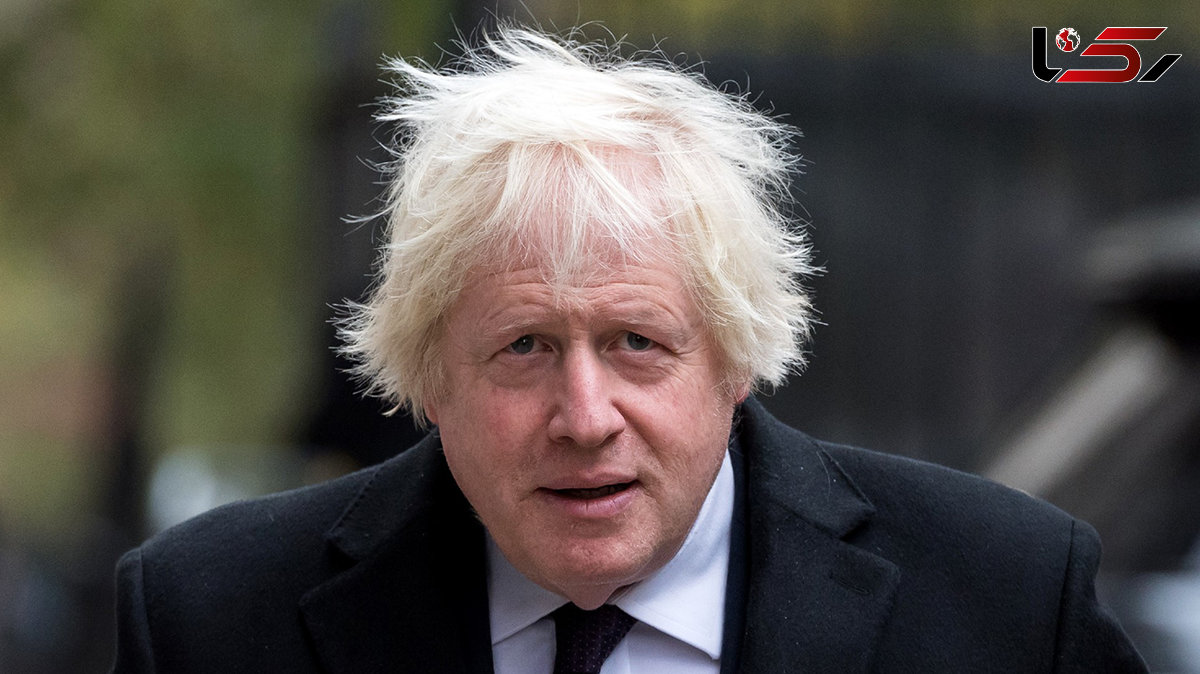How Boris Johnson Turned Government Contacts into Multi-Million-Dollar Deals
Rokna Political Desk: Leaked documents reveal how former UK Prime Minister Boris Johnson may have used his official contacts and influence for lucrative business deals after leaving office, raising questions over ethics, lobbying rules, and the use of taxpayer-funded allowances for his private office.

Exclusive: Leak exposes how former leader has used publicly subsidised office to manage commercial interests
According to Rokna, citing the Guardian a trove of leaked data from Boris Johnson’s private office reveals how the former prime minister has been profiting from contacts and influence he gained in office in a possible breach of ethics and lobbying rules.
The Boris Files contain emails, letters, invoices, speeches and business contracts. They shine a spotlight on the inner workings of a publicly subsidised company Johnson established after leaving Downing Street in September 2022.
The trove reveals how Johnson has used the company to manage an array of highly paid jobs and business ventures. They raise questions for the former Conservative leader about whether he has breached “revolving door” rules governing post-ministerial careers.
The revelations have echoes of the Greensill Capital lobbying scandal that embroiled one of Johnson’s predecessors, David Cameron. They may also spark questions about the taxpayer-funded allowance that former prime ministers get to run their private offices.
There are more than 1,800 files in the cache, including some that date back to Johnson’s tenure in Downing Street. The Guardian is the only UK media organisation known to have viewed the trove.
The files reveal:
-
Johnson lobbied a senior Saudi official he had met while in office, asking him to share a pitch with the petrostate’s autocratic crown prince, Mohammed bin Salman, for a firm he co-chairs.
-
The ex-PM received more than £200,000 from a hedge fund after meeting Venezuela’s president Nicolás Maduro – contrary to statements he was not paid.
-
While in office, Johnson appears to have held a secret meeting with Peter Thiel, the billionaire who founded the controversial US data firm Palantir, months before it was given a role managing NHS data.
-
In an apparent breach of Covid pandemic rules, Johnson hosted a dinner for a Tory peer who financed a lavish refurbishment of his Downing Street flat, a day after the second national Covid-19 lockdown came into force.
Johnson did not respond to multiple requests for comment.
The files were obtained by Distributed Denial of Secrets (DDoS), a US-registered non-profit that archives leaked and hacked documents.
DDoS told the Guardian it did not know the provenance of the leak. However, the appearance of the data on its servers will raise inevitable questions about a breach of security at the former prime minister’s office.
The trove mostly postdates Johnson’s term as prime minister, covering a period between September 2022 and July 2024, although it also contains some documents produced when he was in Downing Street.
Disclosures about how Johnson has forged a lucrative career in the private sector throw into sharp relief a little-known scheme that allows former UK prime ministers to claim government money to pay for expenses “arising from their special position in public life”.
The annual six-figure payment, known as the public duty costs allowance (PDCA), is a subsidy intended to support an ex-PM’s public duties. It is not meant to be used for private or commercial activities.
The files raise questions about whether Johnson has blurred these lines while running the Office of Boris Johnson, a limited company established a month after he left Downing Street.
A senior Cabinet Office source confirmed that Johnson has claimed funds under the scheme to pay for staff salaries in his private office. Official data shows he has claimed £182,000 in PDCA payments since leaving government.
Johnson’s office, the leak reveals, has played a central role in managing his commercial endeavours. These include deals with Daily Mail and GB News, and a globe-trotting career giving speeches for deep-pocketed clients.
The cache of files suggest that between October 2022 and May 2024, Johnson was paid approximately £5.1m for 34 speeches. The engagements typically earn him hundreds of thousands of pounds, as well as generous expenses to cover first-class flights and stays in five-star hotels for him and his staff.
It is not unusual or against any rules for former prime ministers to travel the world delivering paid speeches, but there are restrictions on business activities they can undertake after leaving government.
These include prohibitions on lobbying contacts developed while in office in foreign governments and commercial organisations. Johnson was reminded of these rules by an official watchdog on the day he left Downing Street.
Revelations from the Boris Files will place pressure on Johnson to explain how some of his recent contacts with foreign governments on behalf of commercial interest fall within the rules.
Send Comments